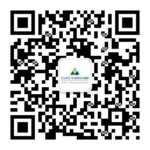What is Student as Partner (SaP)?
Engaging students to play a significant role in educational development is supported by prior research (Healey, 2014; Cook, 2016) and cases in other institutions around the world, such as the Student Partners Program at MacPherson Institute and the StudentShapers Program at Imperial College London.
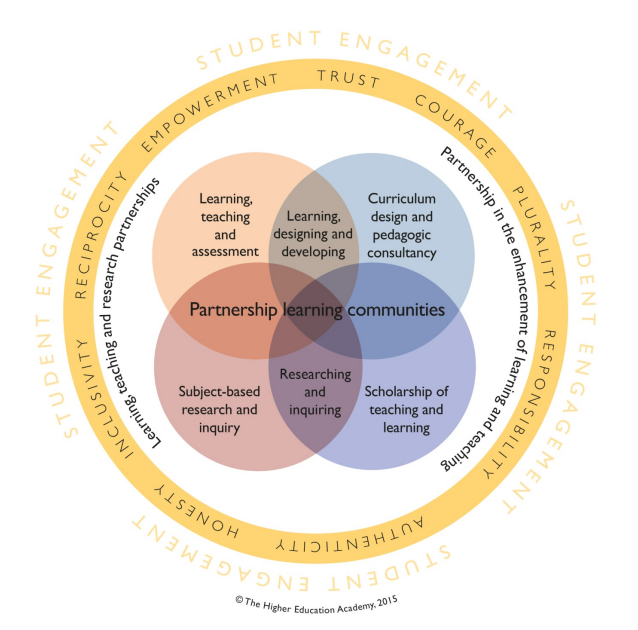
Healey et al. (2014) mapped out multiple ways of student involvement. In reality, though student course evaluation is weighted and student-faculty collaboration in subject-based research is common, very limited opportunities have been provided to stimulate intellectual conversations about teaching among these stakeholders. This Student Partnership is to fill in the gap by engaging students in teaching and learning.
References
SaP program at Duke Kunshan
Publications and presentations about the SaP program at DKU
- Wu, J., & Zhou, H. (2020). Engaging students as partners in learning and teaching. ETH Learning and Teaching Journal, 2(2), 469-472
- Ma, M. & Wu, J. (2023, November 16-18). Engage Students as Partners in Curriculum Design and Pedagogical Consultancy [Conference presentation abstract]. 42nd annual Original Lilly Conference on College Teaching, Oxford, OH, United States.
- Ma, M. & Wu, J. (2024, May 29-30). Engage Students as Partners in Curriculum Design and Pedagogical Consultancy [Conference presentation]. XJTLU Annual Learning and Teaching Colloquium – EdVenture: Innovative Practices in Higher Education, Suzhou, Jiangsu, China.

What have student partners contributed to DKU teaching and learning?
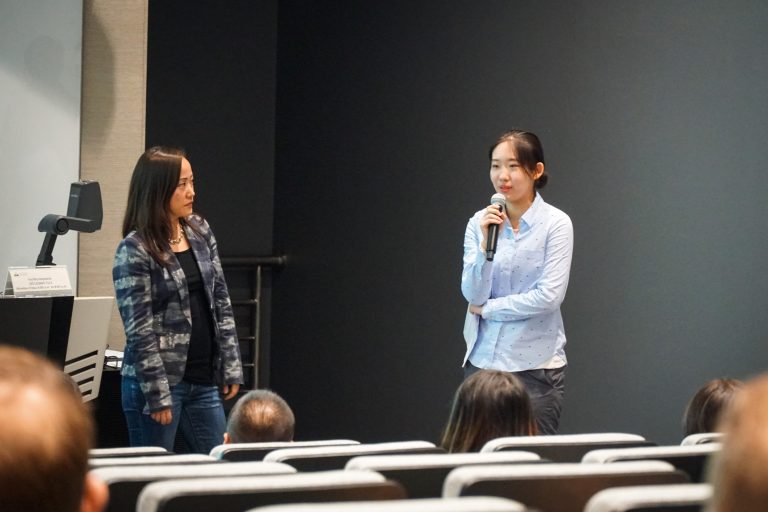
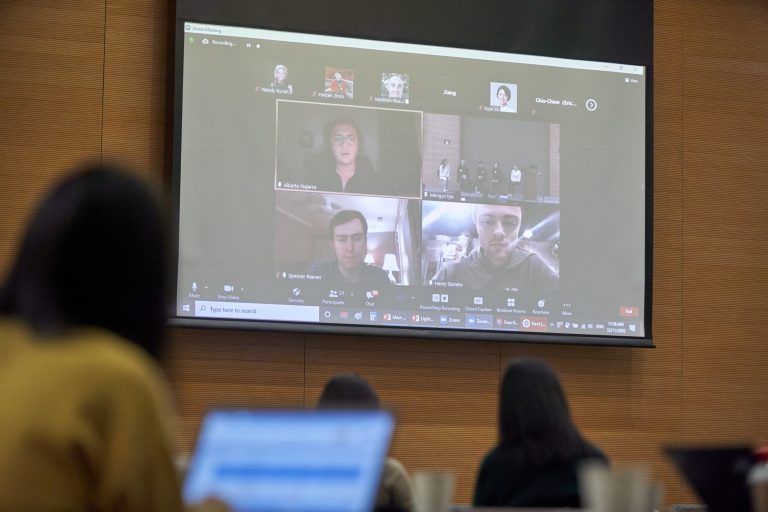
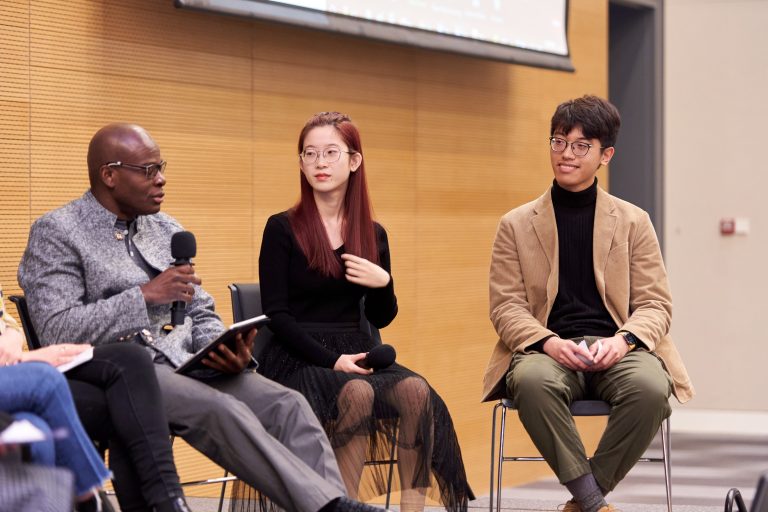
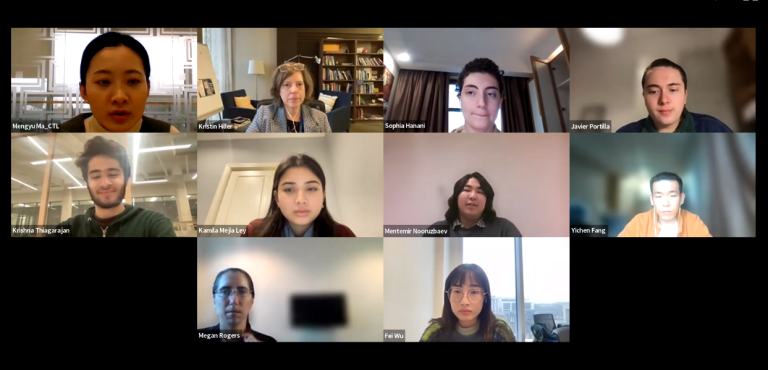
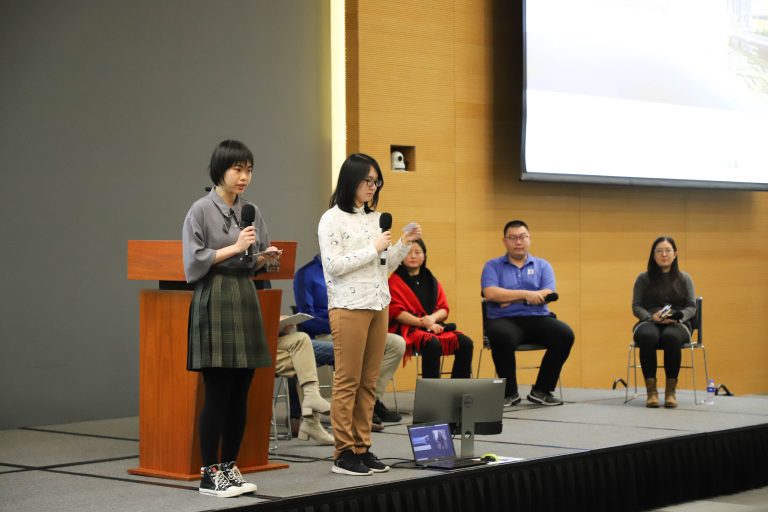
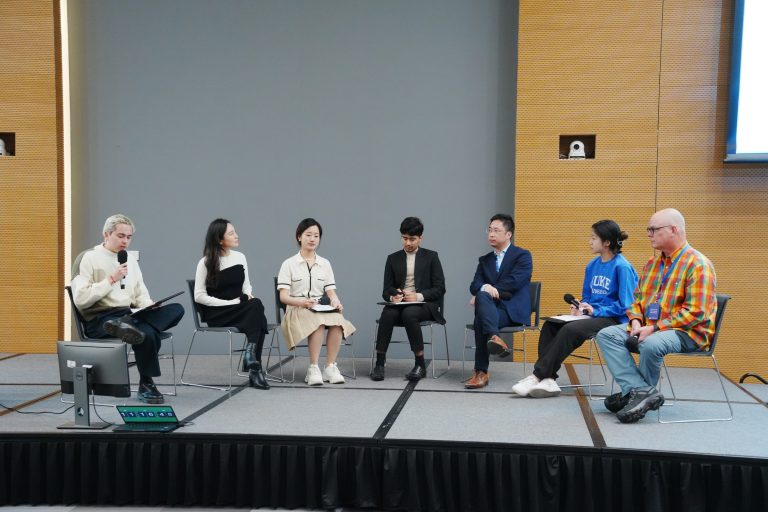
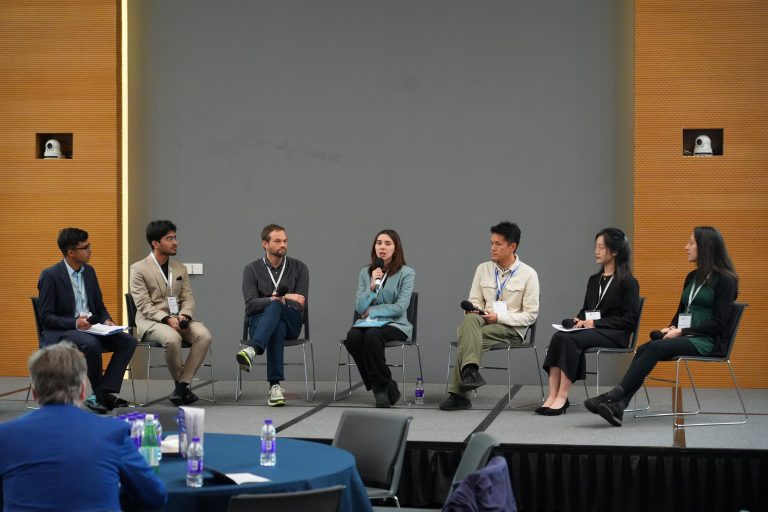
Current student partners

Sofia Martinez Gallardo Quijano, Class of 2026
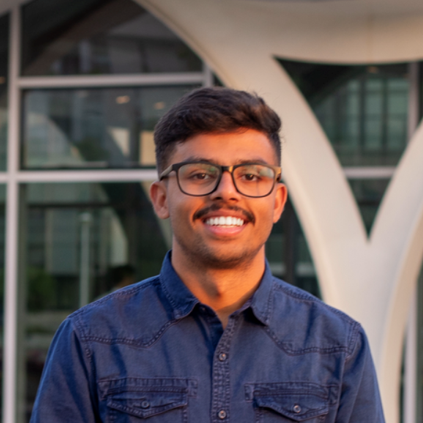
Bikalpa Panthi, Class of 2027
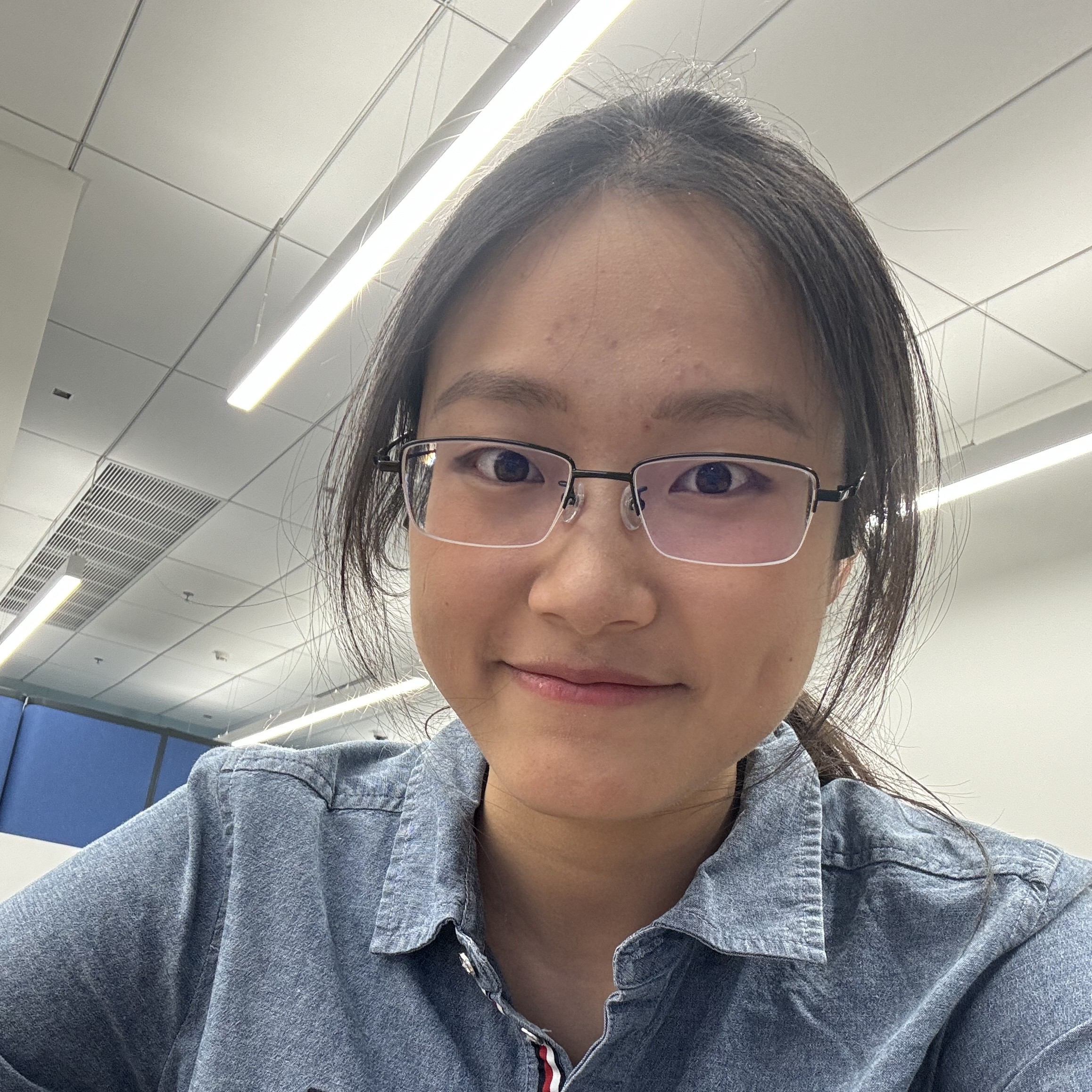
Ke Ning, Class of 2028
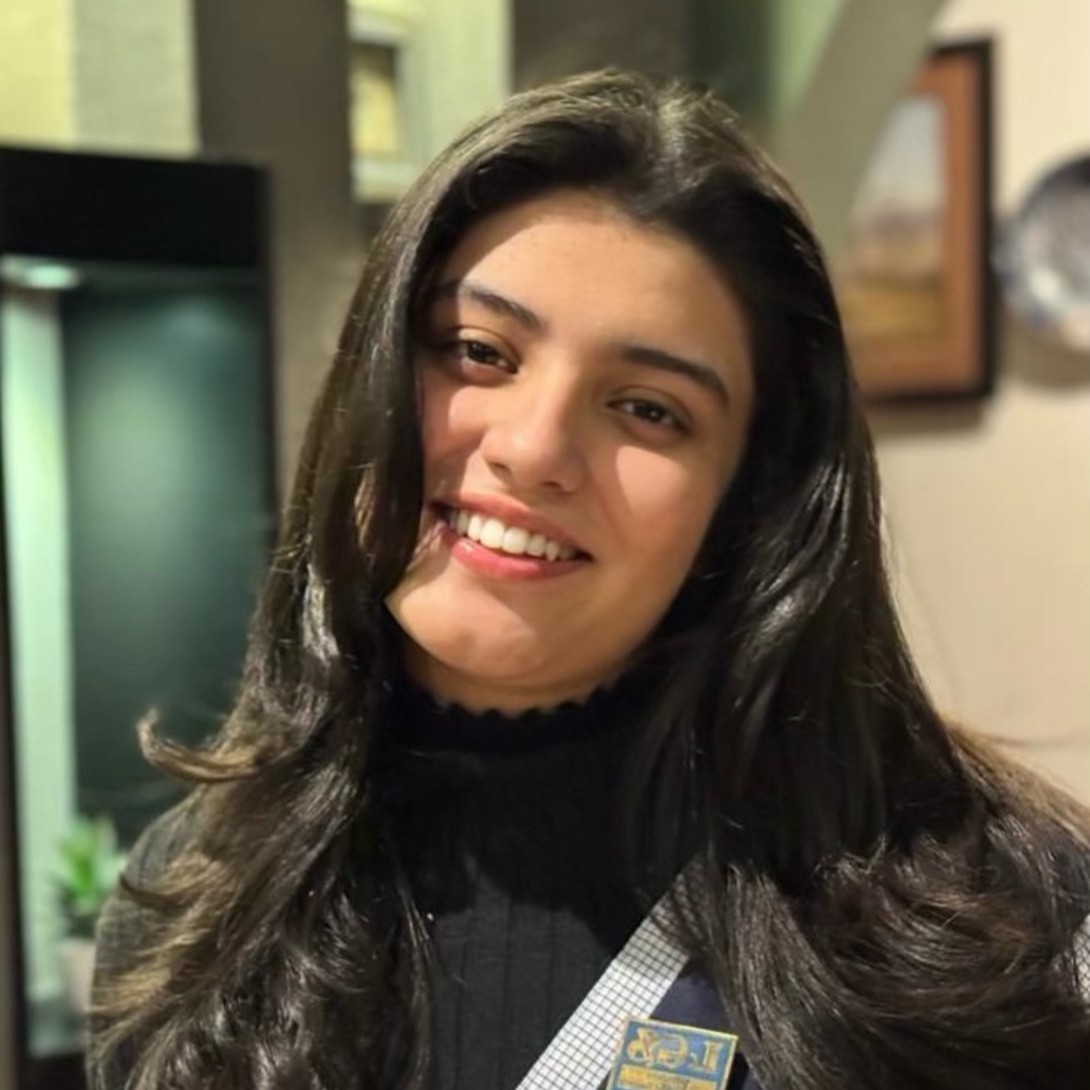
Emaan Asad, Class of 2028
All student partners
Founding partners: Alberto Najarro’22 (Environmental Science and Public Policy), Lingli Tang’22 (Global Health and Public Policy), Spencer Reeves’22 (Political Science), Jasmine Xiao’22
Shang (Irene) Li’22 (Applied Math), Yihao Zhong’23 (Data Science), Zhixian Zhang’23 (Media&Arts), Wanying (Christine) Sui’23 (Psychology), Zezhen Wang’24 (Sociology), Yutong Shi’24 (Cultural Anthropology)
Lunji Zhu’23 (Applied Math), Sebastián Portilla’25 (Institutions and Governance, public policy track)
Tianyu Xu’25 (Psychology), Xinyue Liu’25 (Molecular Bioscience), Muhammad (Ajlal) Ajlal’26 (Computation and Design, social policy track)
Sofia Martinez Gallardo Quijano’26 (Molecular Bioscience), Bikalpa Panthi’27 (Computation and Design, social policy track)
Ke Ning’28, Emaan Asad’28


